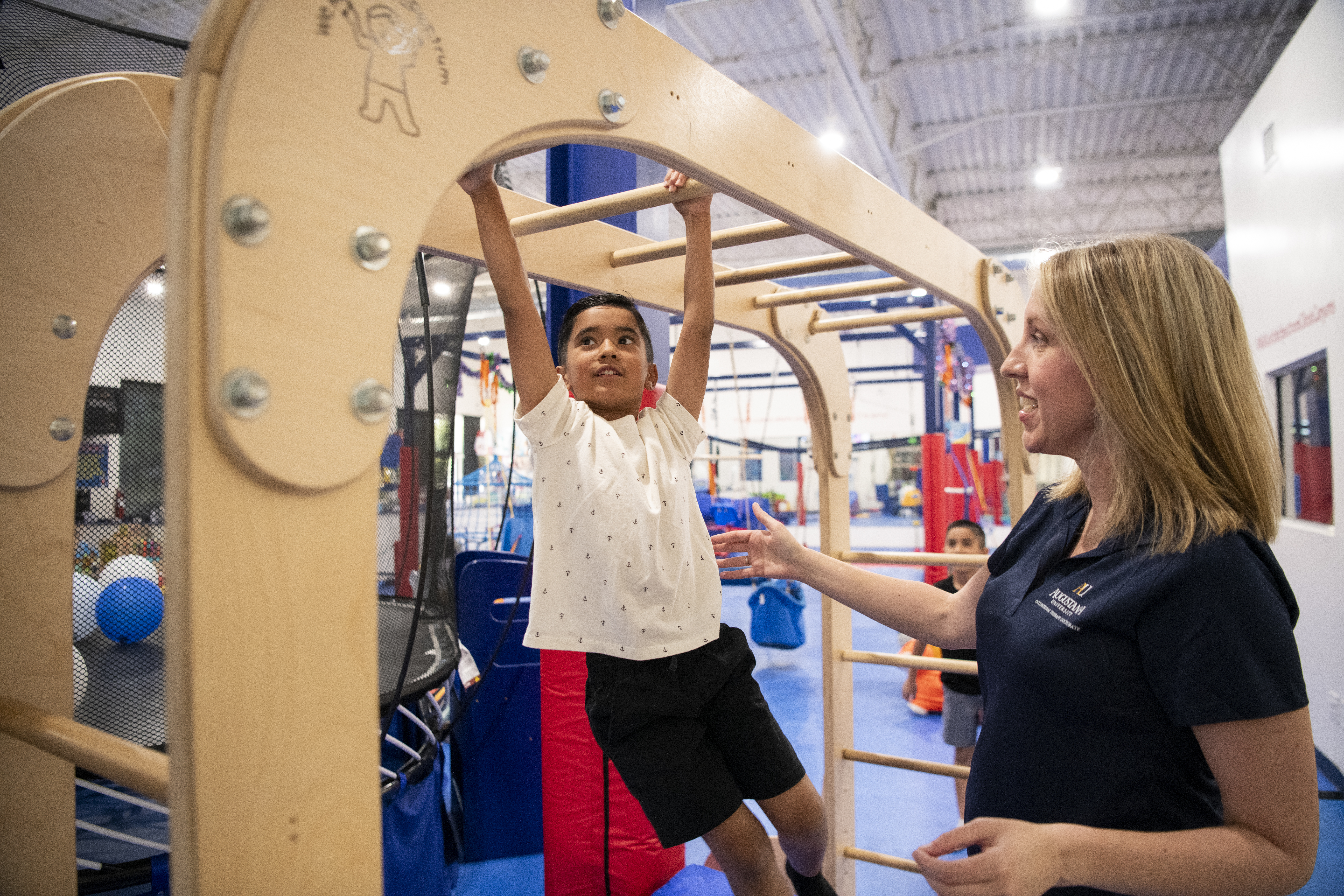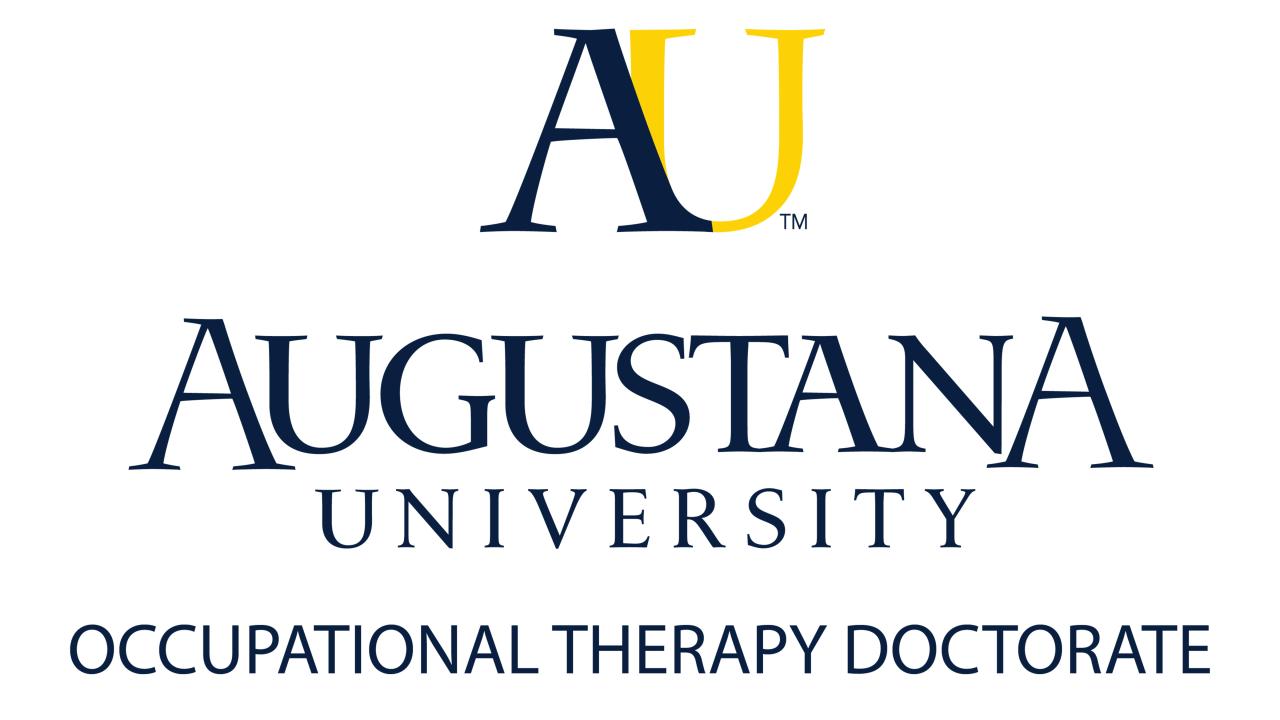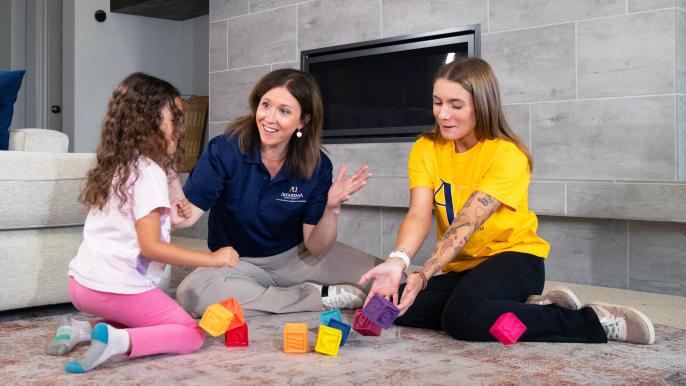Occupational therapy (OT) is a rehabilitation profession — helping people do the things they want and need to do in their everyday lives. These “occupations” include things, such as work, play, self care, leisure, rest and sleep, social participation, as well as health management and maintenance. Occupational therapy professionals (OTPs) have the opportunity to work with people of all ages, from infants to seniors.
Augustana University's Occupational Therapy Doctorate (OTD) is an accelerated, hybrid, entry-level or pre-licensure program designed to meet adult learners where they're at in life — allowing them to remain in their existing, socially-supported environments. The hands-on component of the program, known as lab immersions, will take place in the Twin Cities — Minnesota.
The program will launch in Fall 2026. The Augustana OTD Program has applied for accreditation by the Accreditation Council for Occupational Therapy Education (ACOTE) of the American Occupational Therapy Association (AOTA). Pending approval, the inaugural cohort would graduate in August 2028.


